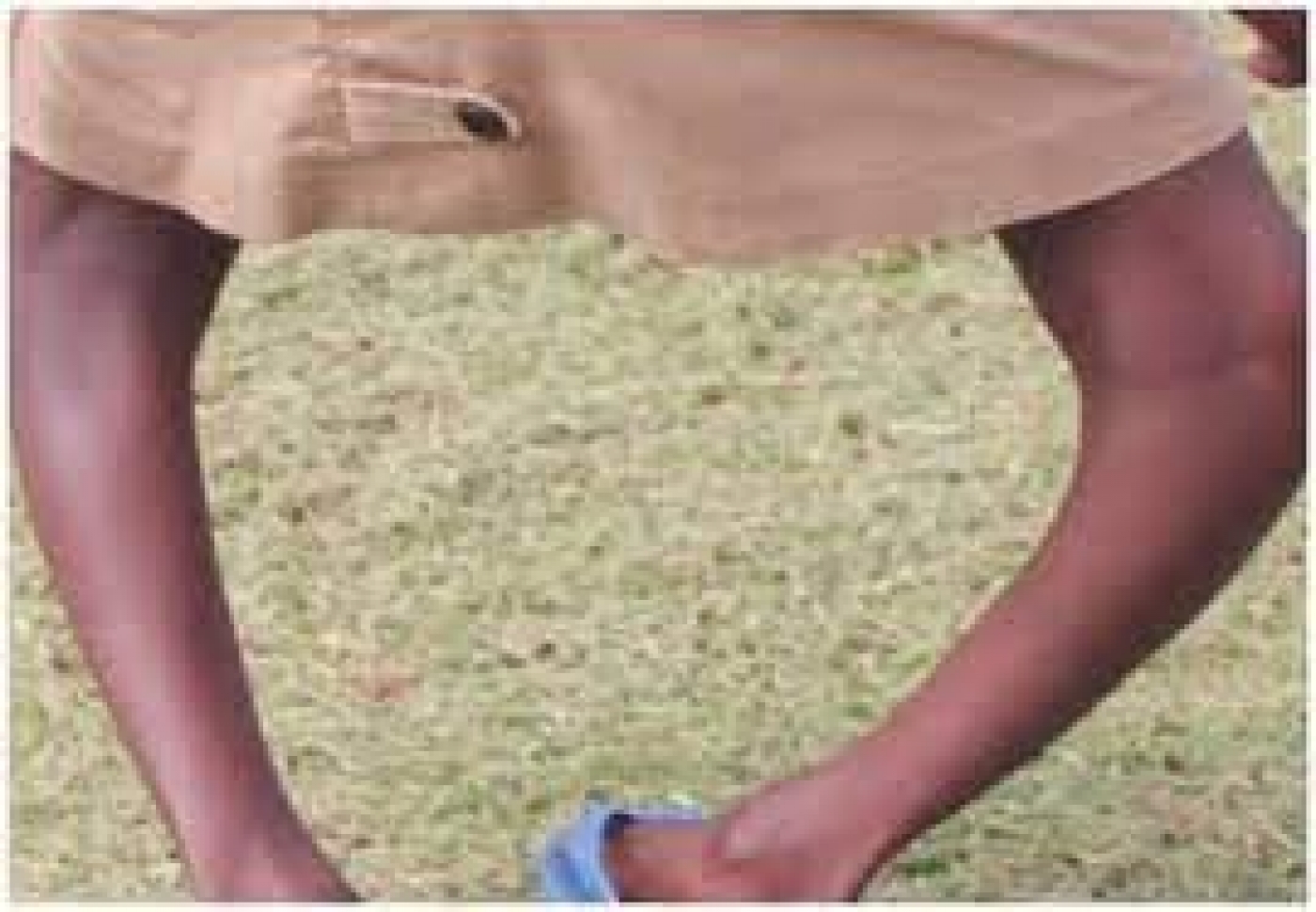In an interview with PUNCH Healthwise, the dietician emphasised that maternal nutritional status and dietary intake of calcium and other minerals during pregnancy could have a significant effect on foetal growth and development.
According to Asouzu, during pregnancy, the foetus is totally dependent on the mother for acquisition of micronutrients required for bone mineralisation.
She said, “Our lifetime of bone health starts right at the beginning, with the foetus. To develop bones fit for the demands ahead, the foetus depends on the mother for essential vitamin D and calcium.
“Maternal vitamin D deficiency during pregnancy is a recognised risk factor for rickets and osteomalacia in infancy, which often in most cases cause bow legs and other bone deformities.
“Maximizing bone health begins with maternal health and nutrition, which influences skeletal mass and bone density in the foetus.
“Maternal health and nutrition, as well as the baby’s intake of vitamin D and calcium during breastfeeding and weaning, may have a long-lasting effect on the baby’s future health.”
Asouzu further noted that vitamin D and calcium alongside physical activity play key roles in bone health for both mother and baby.
“The primary bone-forming minerals are calcium, phosphorus and magnesium (at birth, the infant’s skeleton contains 98 per cent, 80 per cent and 60 per cent, respectively, of these minerals).
“Quantitatively, the greatest period of foetal mineral accretion takes place from mid-gestation and is maximal during the third trimester”, she added.
The dietician stated that after birth, the baby’s bone health will be affected by the amount of vitamin D and calcium in the mother’s breast milk, the availability of vitamin D supplement and the quality of the weaning diet.
The nutrition expert pointed out that it has become crucial for health professionals and public health specialists to be aware of these issues, adding that nutrition experts need to ensure mothers receive the information they need to help them choose a healthy diet.
Giving insight into causes of bow legs, Asouzu said, “Bowlegs often develop in the child’s first year as part of natural growth for no known cause.
“Some babies are born with bowlegs. This can happen as the baby grows and the space inside their mother’s womb gets tighter, causing the leg bones to curve slightly, but in most cases straightens out as they grow and develop.
“There are certain other conditions that can cause bow leg such as Blount’s disease, metabolic disorders, and bone malformations.
“Others are vitamin deficiencies (especially vitamin D), calcium deficiency which are attributed to maternal nutritional store and other mineral deficiencies.”
Recommending ways to tackle the health challenge, Asouzu said early in pregnancy, women should be provided with information on the benefits of a healthy diet and practical advice on how to eat healthily throughout pregnancy.
The dietician listed fatty fish, like tuna, mackerel, and salmon as foods that provide vitamin D.
Others are foods fortified with vitamin D, like some dairy products, orange juice, soy milk, and cereals.
In a 2017 Public Health Review article published in BMC journal, titled, ‘The importance of vitamin D in maternal and child health: a global perspective’, the authors said vitamin D and calcium are essential for adequate health throughout the lifespan.
According to them, pregnant women and children however are particularly vulnerable to vitamin D deficiency.
They noted that vitamin D deficiency continues to be an important global health problem following its devastating health impact.
The authors called for public health strategies such as food fortification and supplements to address the challenge.
Source: HealthWise







